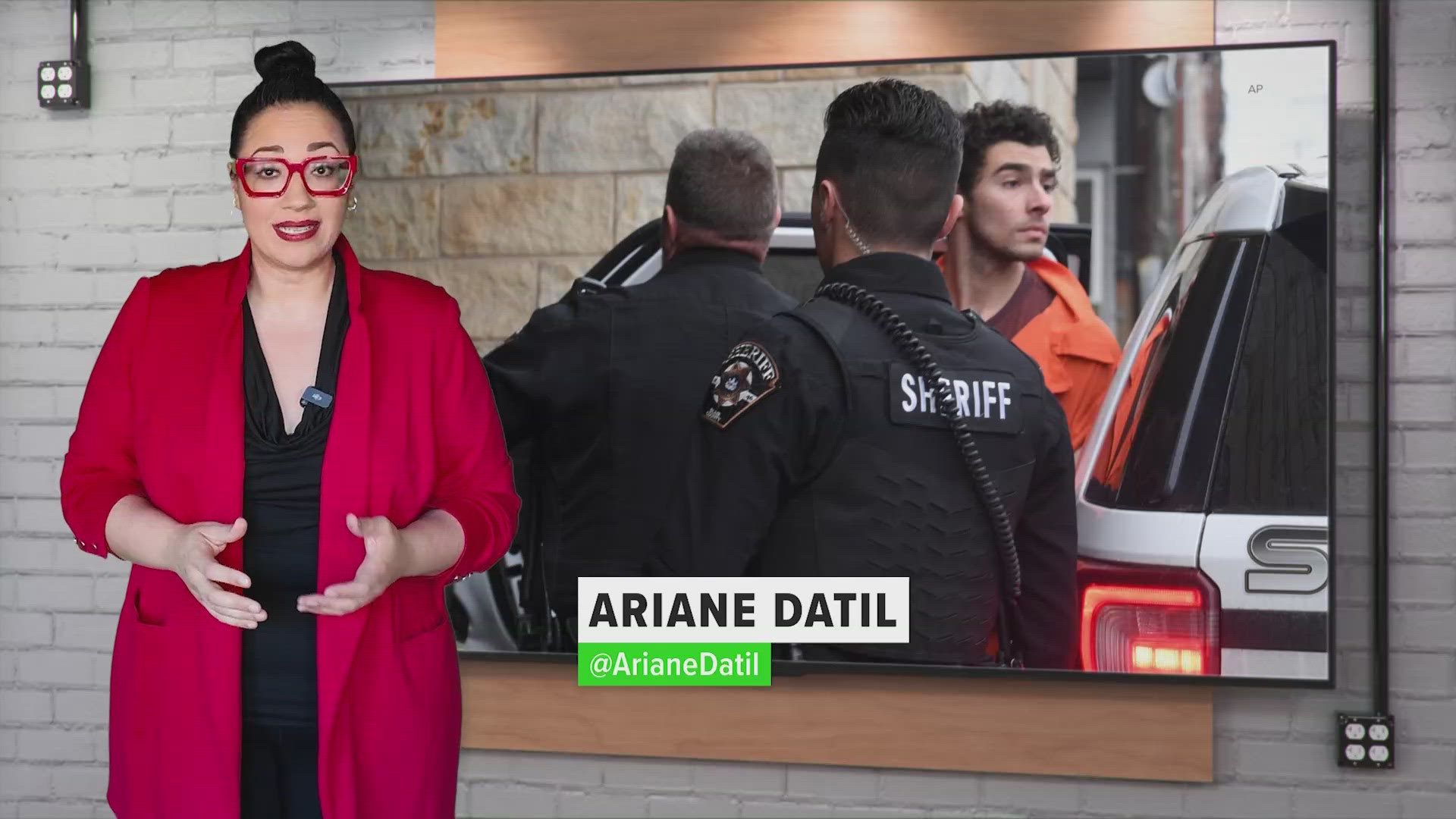![get covered america [ID=5199429]](http://moc-assets-prod.gannett-cdn.com/-mm-/3d5569507733ca056af5edaf0a2a8036c559fb13/r=500x375/local/-/media/WUSA/WUSA/2014/02/04/1391517212000-get-covered-america.jpg)
A multimillion-dollar Affordable Care Act advertising campaign launches today targeting young women, who are more likely to enroll in health insurance and are the best hope for signing up their more risk-oriented male counterparts, backers say.
The campaign by the non-profit advocacy group Enroll America uses pets to reach its audience and launches with less than two months to go before the March 31 deadline for enrollment. Enroll America says about 81% of the public doesn't know about the deadline and 69% of people don't know that financial help is available to those with incomes below 400% of the poverty level.
Enroll America President Anne Filipic says the cats, dogs, birds and other pets featured in the ads "help break through the clutter" and are sure to resonate with the public. She cites statistics showing more than 60% of homes have a pet and more than half of female pet owners would risk their lives for their pets.
The glitch-ridden federal site HealthCare.gov has dominated so much of the news media coverage that important elements of the law, such as subsidies that make it affordable, have become lost on consumers, Filipic says.
"There have been challenges in getting messages out," she says. "People don't have the facts they need to know."
The Ad Council will rely on what it hopes will be at least $30 million in donated time and space to get the message out on billboards and in the media. Enroll America expects to spend about $1.5 million a year. The new public service announcement ads were done in English and Spanish by ad agencies Razorfish and La Comunidad, which donated their time.
Last month, the Department of Health and Human Services announced 3 million people have signed up for insurance on the federal and state exchanges. The Congressional Budget Office estimated about 7 million people will enroll by the end of 2014, a number the Obama administration has set as a goal. It also hopes about 40% of these people are in the 18-to-35 age range, though just about a quarter of the newly enrolled are in that range. Young people offset the costs of covering less healthy, older people, but there are provisions in the law that compensate insurers for treating older, sicker people.
Ronnell Nolan, CEO of Health Agents for America, which educates brokers on the new law, says the lack of awareness will come at a steep cost for many consumers. Those who don't sign up by March 31 will have to pay a penalty of $95 or 1% of their income (whichever's greater) when they file their taxes in 2015.
"Nobody talks about the 1% of income — that could be huge," says Nolan. Some people "are going to be surprised when they have to pay the penalty and still don't have insurance."
Consumer psychologist Kit Yarrow says Enroll America's campaign should help, especially because it targets young women.
"Men tend to stay bulletproof in their minds longer than women do," says Yarrow, author of the bookDecoding the New Consumer Mind, out next month. "All young people have a sense of invincibility, but women understand earlier than men do that it isn't true."
Almost every young woman Betsy Decillis knows has been looking into getting health insurance, while none of the young men have been. The 33-year-old marketing company owner says the mandatory maternity coverage in the new plans is the feature that attracts her most.
Decillis says it helped that she and her friends, who are consultants, were insurance shopping together: "We were holding hands trying to get through (it)," she says of Healthcare.gov.
Chloe Irla, 29, had so much trouble getting signed up for insurance on Maryland's troubled exchange, she was afraid she'd have to go without insurance. She worked with an insurance broker and got a plan with no deductible and an affordable $323 monthly premium. It was just in time: She had a miscarriage late last month and had to go to the hospital for two outpatient visits.
"I'm very grateful I'm covered now," says Irla, who moved to Baltimore from Maine with her husband last summer. "Without the insurance, I would have been hesitant to go back and get care."
Women are strong users of social media and often share more online, which makes them more likely to spread a message than men, Yarrow says. That's one of the reasons women are the target of the campaign, Enroll America says.
Using pets "takes the opportunity for any cynicism or rancor out of the advertising" for the polarizing law, says Ad Council CEO Peggy Conlon. Yarrow agrees.
"The thing about animals is that just the image of them tends to soften people," Yarrow says. "Animals open you up, allow you to see the message and pay attention to it."


